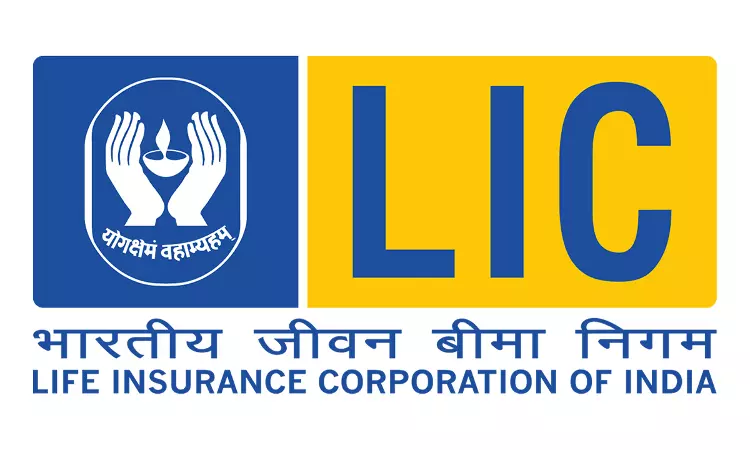Insurance Policies Should Be Interpreted Holistically In Favor Of Insured: NCDRC
Ayushi Rani
4 Jun 2024 11:15 AM IST

Next Story
4 Jun 2024 11:15 AM IST
The National Consumer Disputes Redressal Commission, presided by Dr. Inder Jit Singh, dismissed an appeal by Life Insurance and held that insurance policies should be interpreted broadly, keeping in mind the interests of the policyholder and the beneficiaries. Brief Facts of the Case The complainant is a nominee of the policyholder who approached Life Insurance...
